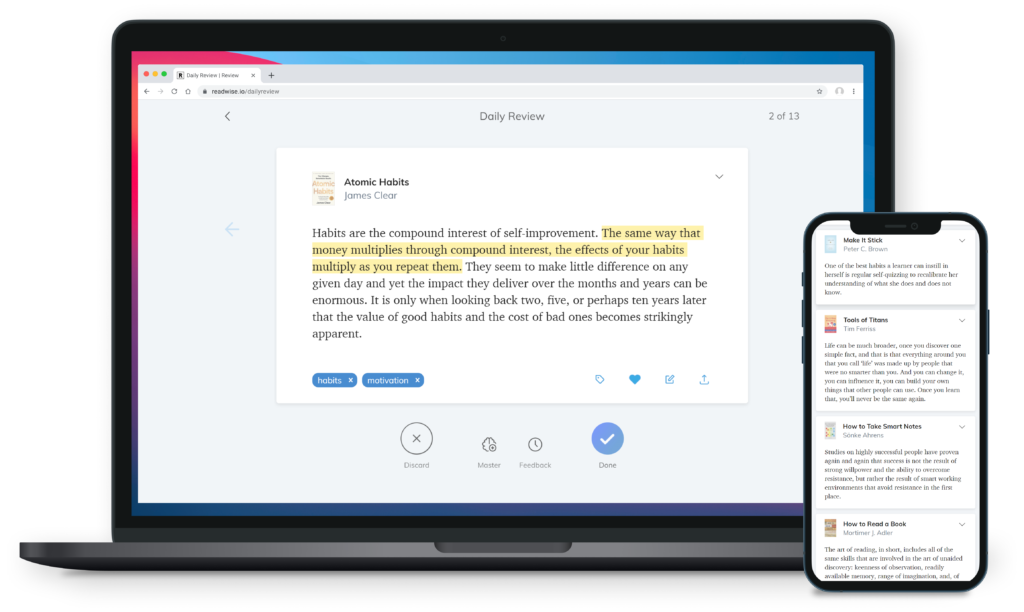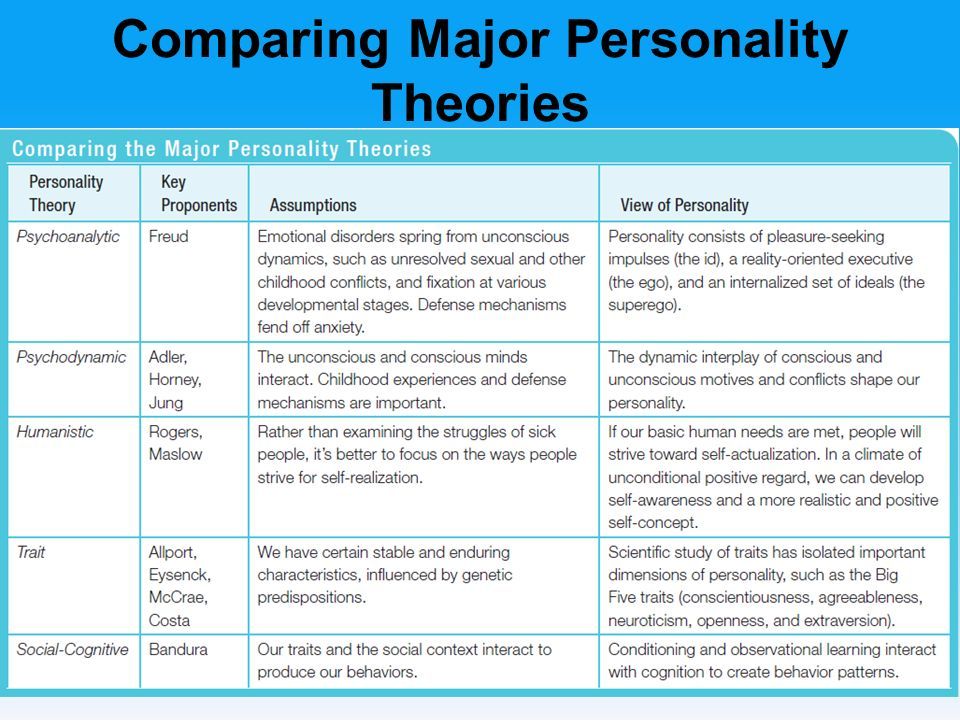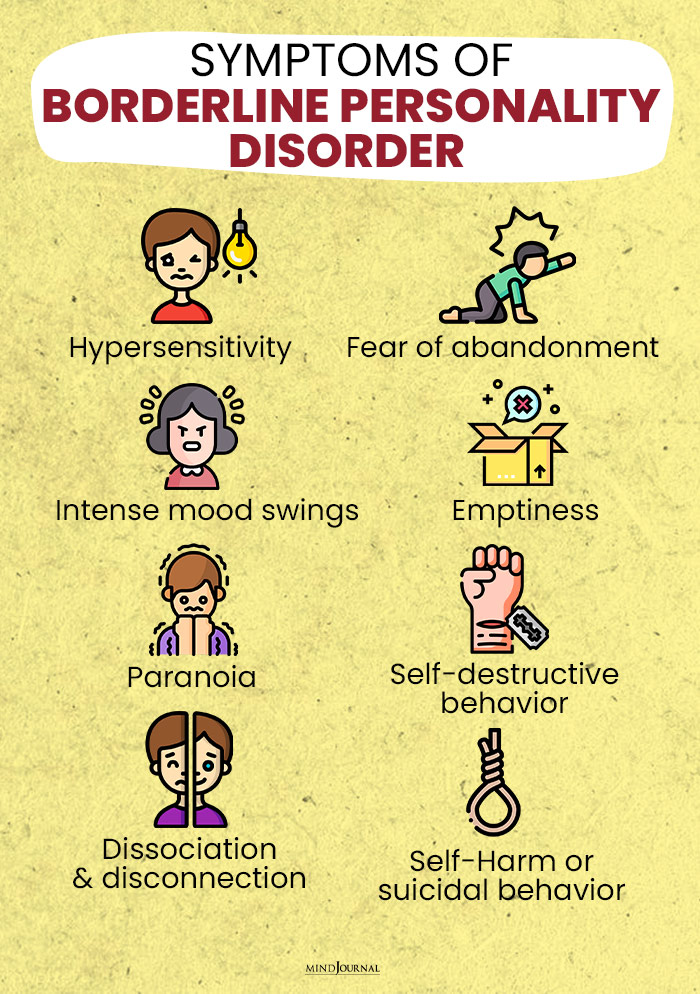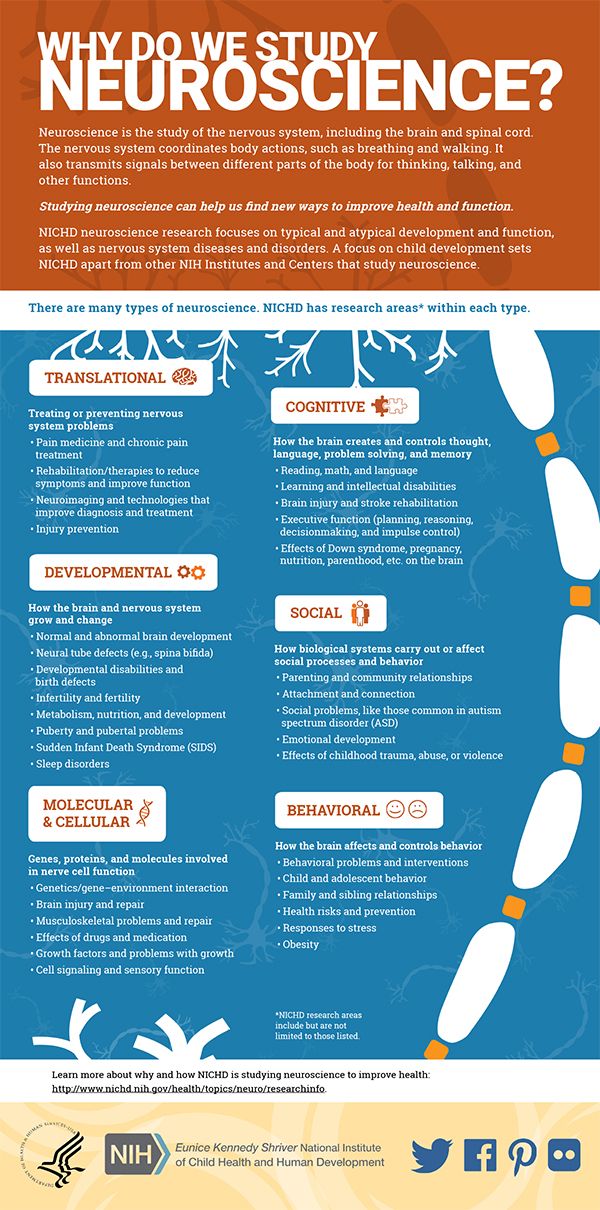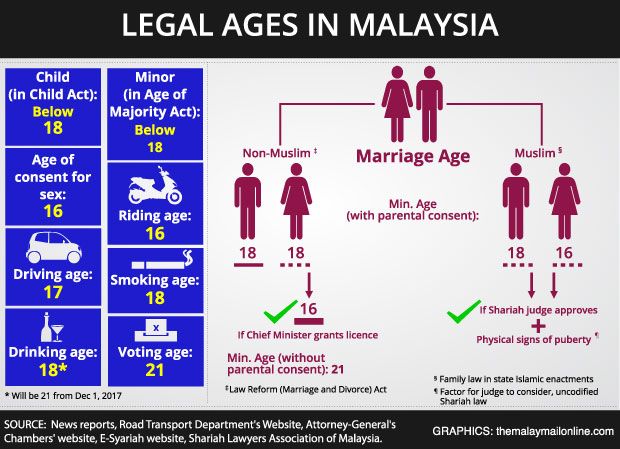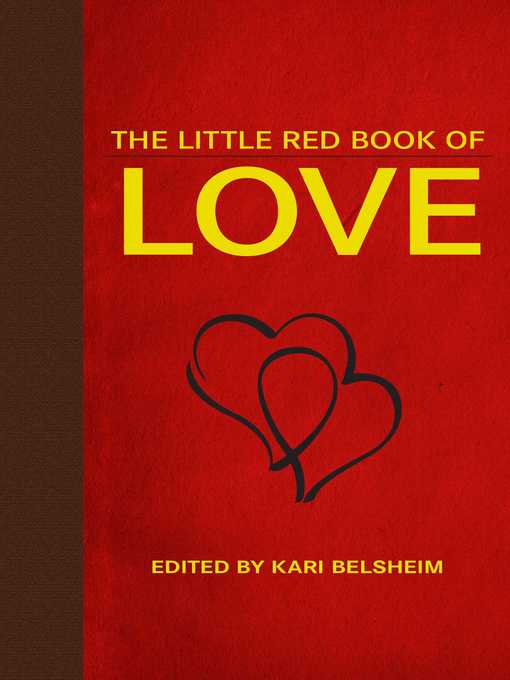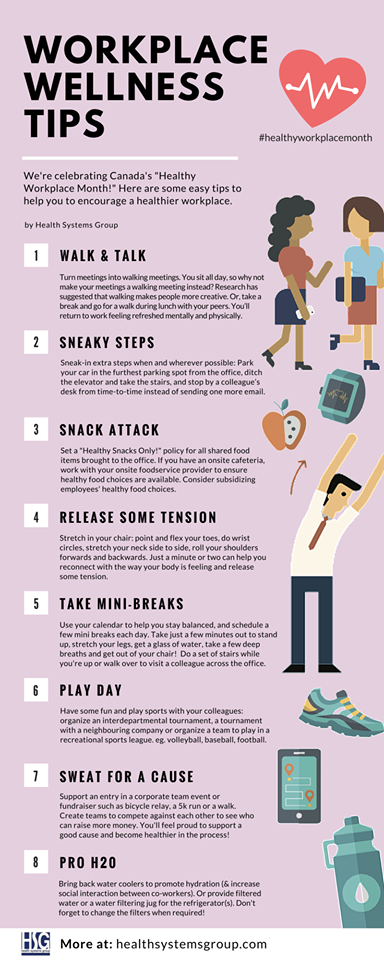How to overcome information overload
5 ways to overcome information overload in the workplace
Today’s workers are in the midst of an information overload epidemic. How bad? Columbia Business School professor Sheena Iyengar, an expert on choice, estimates that the average knowledge worker must process, consciously or subconsciously, the equivalent of 174 newspapers of information every day.
“If you think about today’s world, we have more choices and more information than was ever imaginable,” Iyengar says. This is especially true in the workplace, where the flood of daily requests can derail even the most focused employees.
“The cost of choice and information overload is that people get distracted, make more errors due to multitasking, and are less good at engaging in creative problem-solving,” she says. As a result, employees accomplish less, and strategic priorities take a backseat to small, attention-grabbing tasks.
So how can you effectively manage the demands on your attention and time? Building on her popular TED talk about choice, Iyengar shares five strategies to navigate information overload in the workplace.
1. Be choosy about choosing
According to Iyengar, knowledge workers who manage their time well regularly ask themselves, “Is this worth my time, or is this something I should be delegating?”
With so many emails to respond to, meetings to attend, projects to participate in and tasks to complete, knowledge workers have to become the gatekeepers of their own time and attention. Without being choosy in this way, knowledge workers are less likely to be proactive where their attention is needed most. “Instead of actually addressing their priorities, they end up putting out fires. They’re being more reactive to what’s coming at them on a minute-by-minute, day-to-day basis,” Iyengar says.
When you’re selective, you can get rid of what’s less important and delegate or outsource tasks that don’t align with your strengths and interests. By taking those items off your to-do list, you can devote more time and brainpower to activities that add value.
2. Identify three to five priorities
The human brain can remember around seven things—give or take—at any one time, according to Iyengar.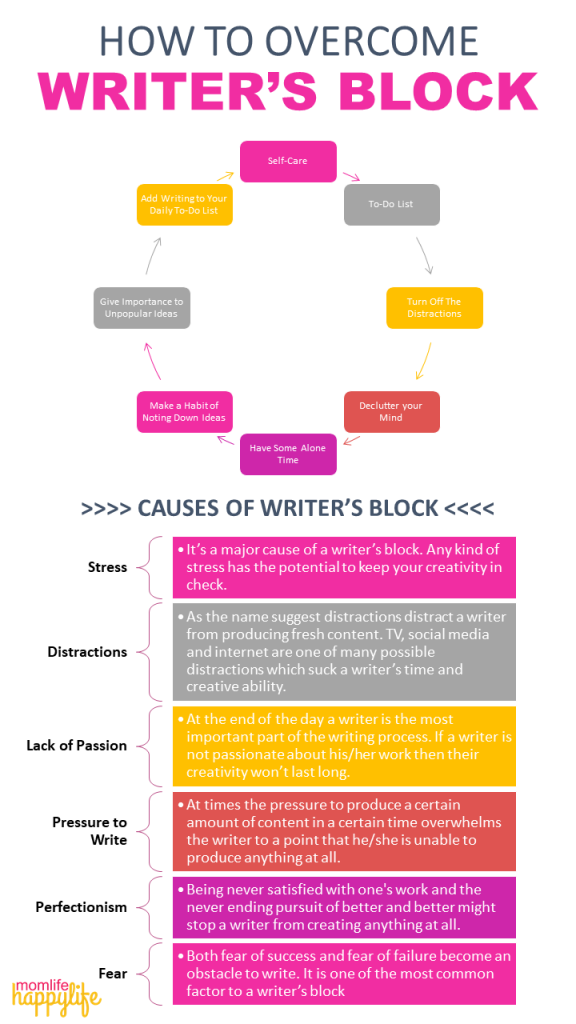 And if you have to keep looking at your to-do list, that’s a problem. She recommends narrowing down your priorities to the top three to five things that matter most to you, since even seven can be a stretch.
And if you have to keep looking at your to-do list, that’s a problem. She recommends narrowing down your priorities to the top three to five things that matter most to you, since even seven can be a stretch.
Once you’ve got your list, Iyengar recommends going one step further to home in on exactly what you need to do to accomplish each one. To avoid information overload, she suggests asking yourself three questions:
- What’s the problem I’m trying to solve?
- How do I break down this problem?
- What information do I need to figure out the best solution?
By getting very specific about what you’re looking for and why, you can proactively approach information, rather than reacting to everything available.
3. Understand the importance
Not all tasks and decisions are equal. For instance, deciding what to have for breakfast merits less time and research than, say, deciding whether to accept a new job offer.
Knowing where a decision or choice falls on the hierarchy of importance can help you assess how much time to invest in it.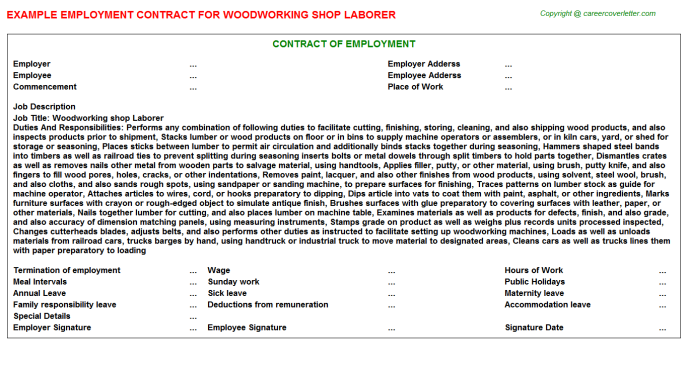 Sometimes you may need to “choose nothing less than the very best,” Iyengar says, and other times the ideal action is to “simply stop because it’s good enough for this decision.”
Sometimes you may need to “choose nothing less than the very best,” Iyengar says, and other times the ideal action is to “simply stop because it’s good enough for this decision.”
By identifying which choices are worth extensive time and research and which aren’t, you free yourself up to make effective decisions when it counts.
4. Put a time limit on information gathering
Without setting parameters on time, knowledge workers can get sucked into information and choice overload. As Iyengar notes, the abundance of information can be addictive and seductive.
To avoid unproductive rabbit holes, Iyengar recommends putting a time limit on information gathering. “Gone are the days where you just said, ‘Hey, let me just explore and see where I go,’ ” she says, “because two hours will pass and you’re going to realize you’ve gotten nothing done.”
How you use your allotted time can vary; what’s key is being strategic about it. “For some of us, you might decide that it’s more important that you spend one or two hours exploring lots of different things—that’s your time to really add creatively to your knowledge base,” she says.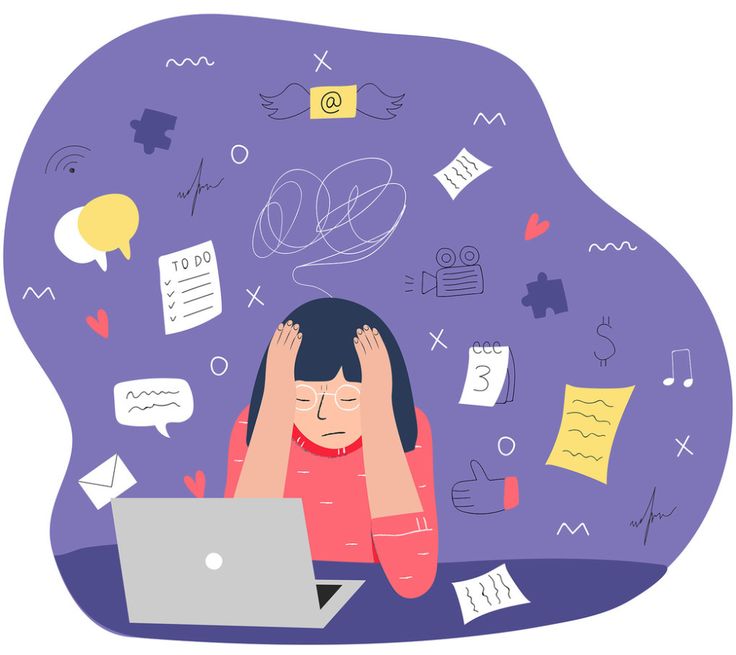 “For others, it may be a time to create focus and only search on that topic during the allotted time.”
“For others, it may be a time to create focus and only search on that topic during the allotted time.”
5. Schedule related tasks together
Once you’ve identified your top priorities and the information you need, Iyengar says, the key to improving productivity is to work on related tasks in regular intervals. By scheduling like tasks next to each other in 30-minute blocks, you’re less likely to get stuck in a mental rut or bogged down by information overload, she says.
Moving between unrelated tasks, on the other hand, creates a cognitive burden that can inhibit productivity. Iyengar understands that sometimes switching between different tasks is unavoidable, but acknowledging the mental cost of the transition can help. “When you’re going to start a new task—let’s say you need to learn a new app or you need to upload some new file in a new way—build in the fact that there’s going to be a startup cost so that you’re not frustrated,” she says. “Because once people get frustrated, they actually lose a lot of energy through their frustration. ”
”
The power of choice
While information overload can make daily decisions challenging, Iyengar reframes our ability to choose as a powerful tool. By helping us determine what’s useful and relevant, choice frees us up to invent and create. “We can use choice to construct those most meaningful combinations of our lives,” she says. “I think that’s when you get the real power of choice.”
The true value of choice is not standing in front of a vending machine and making a selection, she says. Rather, it’s saying, “Look, I’ve got this problem. How can I now imagine a solution and implement it in a way that actually makes a difference?”
10 Ways to Overcome Information Overload
We are confronted by staggering amounts of new information every day. Trainers in particular can be easily overwhelmed by the wealth of information related to competitor data, new product and service launches, market changes, and industry trends and wind up with information anxiety.
Although we have access to a variety of information and communication tools, how do we narrow down tens of thousands of journals, magazines, newsletters, and blog posts at our disposal and manage information coming in? How do we flourish amidst thousands of printed pages, not to mention millions of pages on the web, and hundreds of emails, phone calls and text messages?
More Information, More Confusion
While we enjoy a growing capability to extract relevant information that supports our careers and our lives, most of what we encounter is of marginal value, at best, and often stands in the way of our goals and objectives.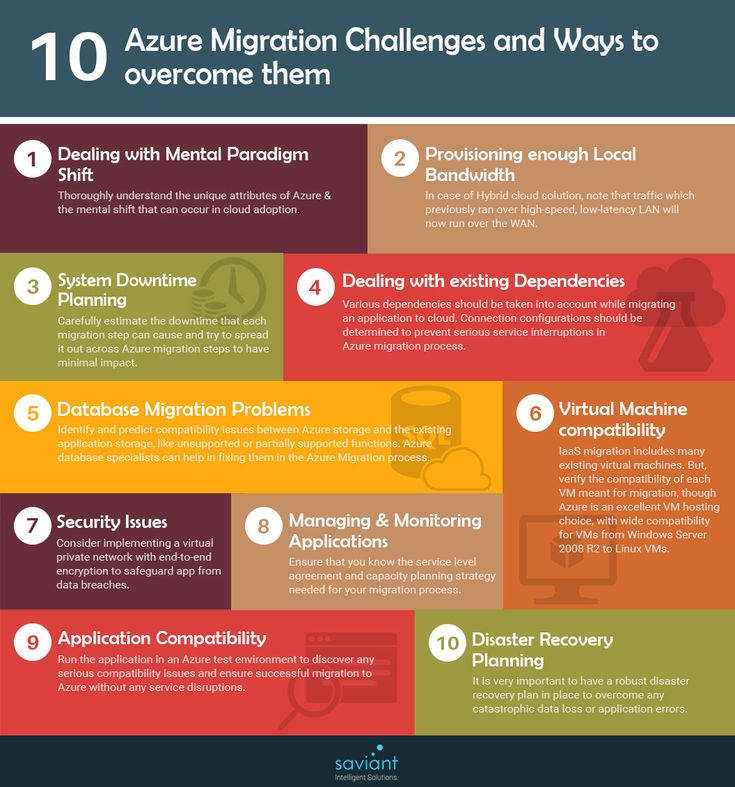 We don't have hours on end to contend with everything that competes for our attention; most days, it feels as if we don't have sufficient time at all.
We don't have hours on end to contend with everything that competes for our attention; most days, it feels as if we don't have sufficient time at all.
Fortunately, we can employ 10 strategies in a manner that will be productive and even enjoyable and fight that information overload:
- Contemplate in advance the kind of information you seek.
- Identify the vital information carriers.
- Streamline your intake capacity.
- Beware of information crutches.
- Establish a distribution system.
- Be thoughtful when sending information.
- Design responses.
- Do away with paper.
- Constantly review and update.
- Acknowledge the benefits of remaining organized.
Contemplate in Advance the Kind of Information You Seek
Have a reasonable idea of the type of information you want and need to gather.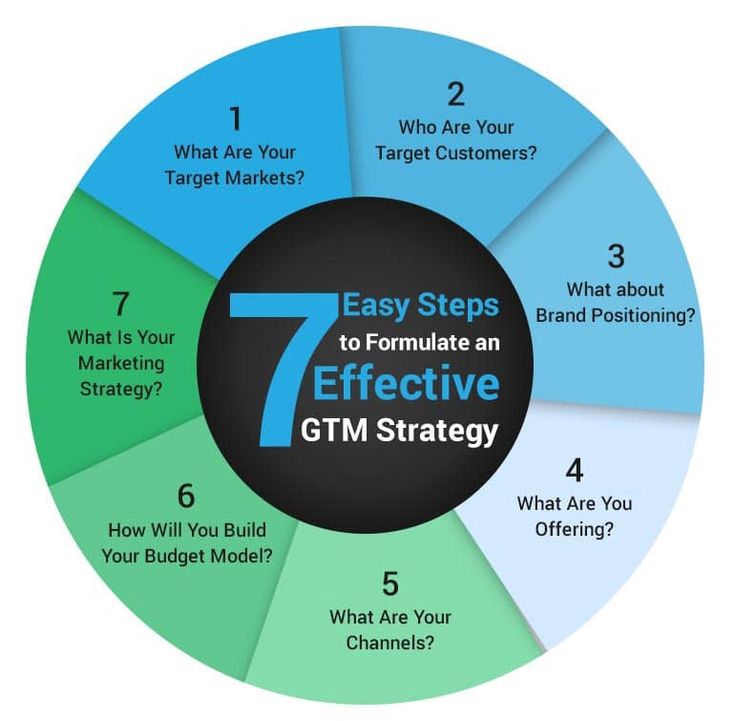 Such information encompasses news about your industry or profession; notable product and service developments; significant regulations and new legislation; client, customer, or consumer-related information; special applications; intelligence on competitors; and emerging trends and prospects.
Such information encompasses news about your industry or profession; notable product and service developments; significant regulations and new legislation; client, customer, or consumer-related information; special applications; intelligence on competitors; and emerging trends and prospects.
Identify the Vital Information Carriers
In every profession, identify a small number of key information sources, including publications, websites, blogs, and hard news sources, that cover what's occurring in the field. You’ll really only need three to four sources; you’d be surprised at the amount of coverage overlap you’ll see.
Streamline Your Intake Capacity
Once you recognize the kind of information you require and a handful of the best sources, you need to establish a methodical way of receiving, synthesizing, and applying such information that will benefit you, your team, and your organization.
Staying attuned to your goals and objectives and focusing on the kind of information that supports your efforts gives you the best chance to accomplish what you want.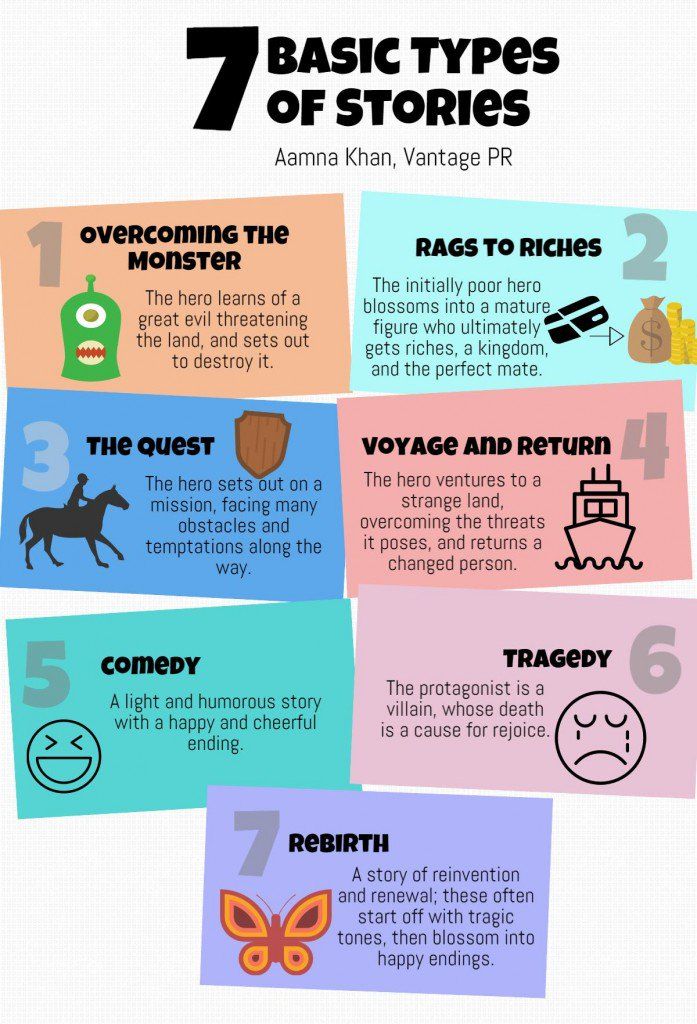 You might consider avoiding social networking, depending on your job functions. Your quest is to maintain a constant inflow of relevant information in as simple a manner as possible. Yes, on occasion you can give attention to peripheral issues. In general, however, focus on the information that will make a difference in your effectiveness.
You might consider avoiding social networking, depending on your job functions. Your quest is to maintain a constant inflow of relevant information in as simple a manner as possible. Yes, on occasion you can give attention to peripheral issues. In general, however, focus on the information that will make a difference in your effectiveness.
Advertisement
Beware of Information Crutches
Many people have a predisposition to collect and retain information that confirms what they already believe or know to be true. They don't need to save such information; the practice is more like a reflex action. With the vast amounts of information on the Internet today and the power of search engines, it's not necessary to hang on to much.
More vital is the ability to find what you need in a hurry, which often requires only a few keystrokes. Retaining piles and files of hard copy information is of diminishing value and can impede your effectiveness. Moreover, files and information that you retain for more than 18 months often can be deleted with no detrimental effects.
Establish a Distribution System
As you rise in your career, you should not spend inordinate amounts of time gathering information. Much of what you seek can be identified, collected, and disseminated to you by junior staff. You can use them as information scouts and as a clipping service of sorts to preread for you.
Once freed from the constant task of identifying and assembling information, you're better able to think conceptually in ways that will help to propel your team, division, or department forward. This is especially true when introducing a new product, service, or delivery system.
Be Thoughtful When Sending Information
Sometimes the staggering amounts of information is due to our lack of organizing guidelines. Such guidelines could otherwise spare us from unnecessary, excessive exposure to information that does not support our current challenges.
Learn to be more discriminating when exchanging information. Try to eliminate acronyms, abbreviations, and jargon that can lead to misunderstandings, and limit the length of your correspondence with others by including only what is necessary to know.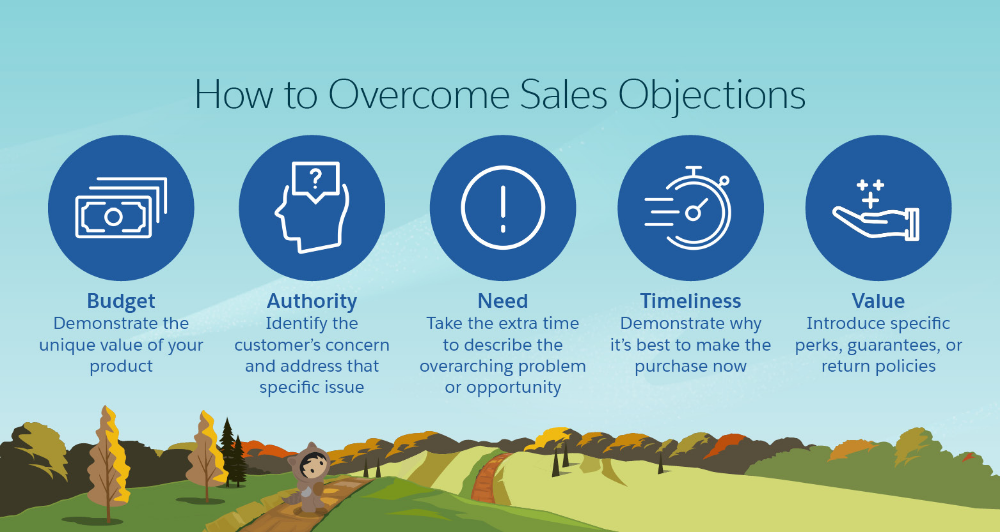 Overwhelming our recipients with information is no more welcome to them than when they overwhelm us. We also must encourage one another to stop CCing and BCCing when it is not necessary, and avoid submitting "FYI" kinds of messages altogether.
Overwhelming our recipients with information is no more welcome to them than when they overwhelm us. We also must encourage one another to stop CCing and BCCing when it is not necessary, and avoid submitting "FYI" kinds of messages altogether.
Design Responses
Advertisement
Throughout the course of your workweek, you'll receive many different types of requests. Many are routine, so you can automate your responses by using your email's signature function. Most email software programs today support at least 20 different signatures. You can create and save signatures by category that enable you to respond promptly and effectively to customers and clients. The signatures that you've developed can also be personalized to address the particulars of a specific inquiry.
What kinds of signatures might you create in advance? Rosters, standard letters, product descriptions, service descriptions, price lists, background of your team or organization, credentials, organizational history—the more signatures you establish, the quicker and more productively you can answer questions from inquirers.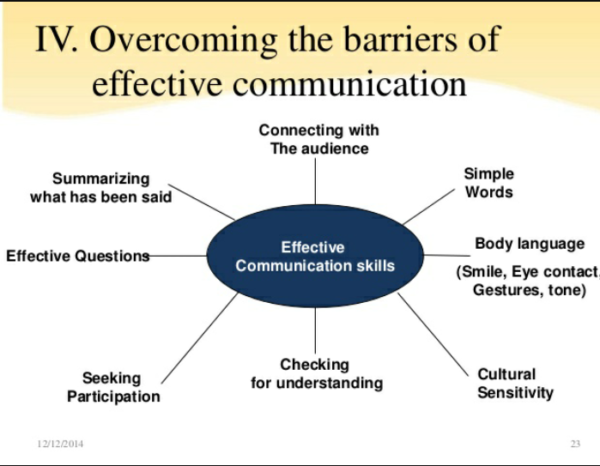
Do Away With Paper
In every industry a variety of hard copy files and documents will need to be retained. Nevertheless, you can undertake a campaign to reduce the volume of paper you're retaining, whether it's in filing cabinets, desk drawers, or storage bins.
Evaluating each document you receive and consider whether it merits saving. Will a scanned version of said document suffice? If so, scan it and recycle the hard copy. Yes, scanning requires extra time and effort, but in the long run the payoff is more than worth it. When you effectively label each of the documents you've scanned, you enhance your ability to quickly locate them on your hard drive or online. Finding such e-documents is generally easier than finding the hard copy.
Constantly Review and Update
Periodically review your documents. Is the information still relevant? Does it need to be combined with something else? Should it be reclassified? Your goal is to keep your holdings to a minimum.
Tackle only a handful of file folders at a time, so you don’t feel overwhelmed. Ask yourself, "What can be deleted? What should be merged? What can be extracted so that the few gems of wisdom crucial to my success can be applied as needed?" Think of this task with a project management hat on and take it step-by-step.
Acknowledge the Benefits of Remaining Organized
Staying organized might make you anxious. Organizing is certainly not a glamorous task. Yet, in a world that overwhelms us with the volume of information and communication, becoming the master of your files, and maintaining them so they serve you, is more important than ever before. Information overload occurs when we let things pile up. The people who become adept at recognizing, gathering, retrieving, and applying the right information at the right time are valuable to their organizations and their teams.
The future of your industry or profession will be dominated by ultra-productive executives who understand the importance of information and communication management. Regardless of the obstacles they face, these adept information managers are capable of pointing their team or organization in the appropriate direction. Why? They have a well-developed ability to identify, assemble, and impart knowledge that they extract from information. Ultimately they can draw upon their knowledge to lead with wisdom.
Regardless of the obstacles they face, these adept information managers are capable of pointing their team or organization in the appropriate direction. Why? They have a well-developed ability to identify, assemble, and impart knowledge that they extract from information. Ultimately they can draw upon their knowledge to lead with wisdom.
This blog post was originally published in September 2016 and has since been updated with more resources and information.
Information Overload – News – IQ Research and Education Portal – National Research University Higher School of Economics
Today, every day a person is faced with large flows of information. Their sources are not only the media, but also social networks, publications of friends, acquaintances, etc. The channels for receiving news, as well as communications, have become numerous. In this context, scientists often discuss the phenomenon of information overload. Varvara Chumakova, lecturer at the Faculty of Media, Communications and Design at the Higher School of Economics, told us how big it is and what to do to cope with it. nine0003
nine0003
Varvara Chumakova,
Candidate of Cultural Studies, Lecturer at the Faculty of Communications, Media and Design, National Research University Higher School of Economics, Head of the educational project "Cyclone Center"
— What is information overload from a scientific point of view?
— This phenomenon does not have an unambiguous scientific definition. For science, it is rather an "umbrella" under which various problems are hidden. But in general, we can say that information overload is an environmental factor that leads to a situation where, with an increase in the amount of information coming to a person, the efficiency of its processing, analysis and interpretation decreases. In turn, this has consequences - physical, mental, social, political, economic and cultural. nine0003
— You are saying that the person constantly had to deal with information overload. And what are its modern features?
- Let's look at the past first.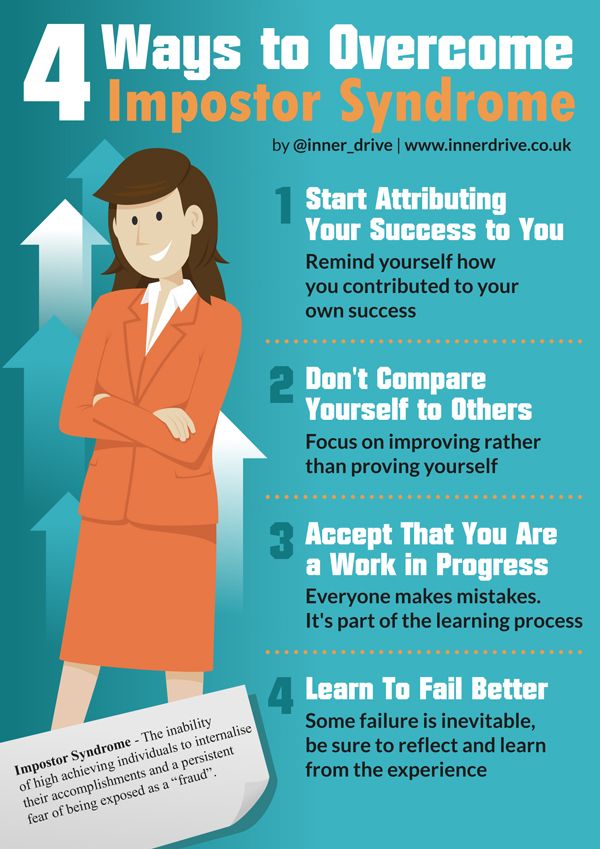 In ancient times, overload was more about people who studied and taught something. And it was mostly related to reading. That is, only a narrow social group suffered - scientists and students, mainly.
In ancient times, overload was more about people who studied and taught something. And it was mostly related to reading. That is, only a narrow social group suffered - scientists and students, mainly.
Then in Europe already in modern times, the culture of literary salons, circles flourished. People who visit them are interested in poetry, fiction and write something themselves. Reading experts say that already then there were complaints about the impossibility of having time to get acquainted with all the book novelties. In some salons they read one thing, in others another. So, in addition to scientists and students, artists also began to suffer from information overload. But again, we are talking about certain social groups. nine0003
Today, information overload affects almost everyone who is included in the new media environment or is in the process of being included. The latter may even more strongly feel the negative effects. This ubiquity is one of the hallmarks of modern information overload.
— Do you think modern man is ready for this overload?
— Obviously, a person adapts to the media environment and adapts the media environment for himself. He selects and sets up the sources of information he needs, and the more challenges, the more opportunities to "pump" in this area. nine0003
— How conscious is this process?
— Of course, many do nothing and simply swim or even drown in the information flow. But there are no exact figures on how many such people, as well as those who adapt, are not. And it is not very clear how to find out using the available methods.
One of the clearest examples of “going with the flow” is reposting crazy, fake news on social networks. This is already related to media literacy. In fact, reducing your own overload is part of media or information literacy. Problems with the news flow arise just when it is low. nine0003
Field research by the HSE Media Research Laboratory in 2012-2014 in rural areas of Russia showed that, for example, rural residents who watch everything they see on TV are not always able to adjust their media environment.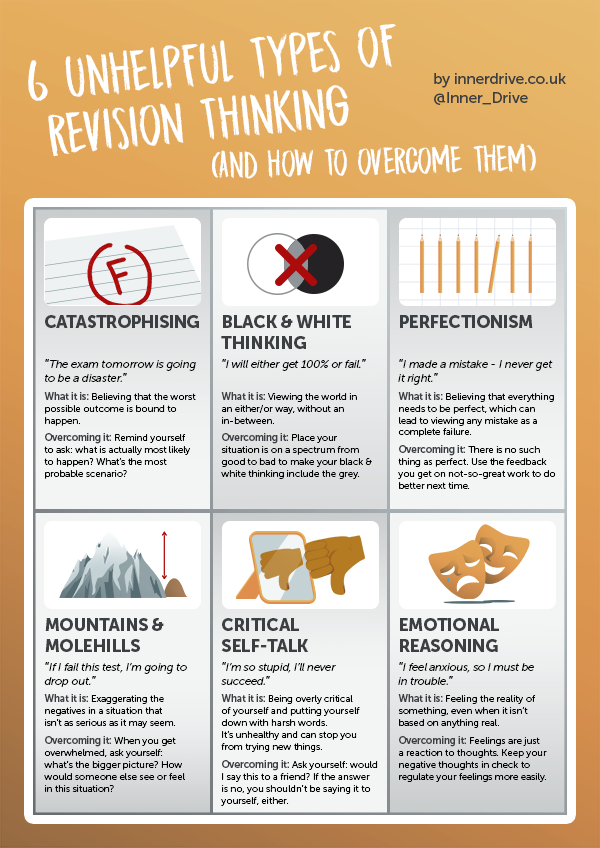 Information falls on them in a stream and mixed, as a result, the effectiveness of its assessment, analysis and interpretation decreases.
Information falls on them in a stream and mixed, as a result, the effectiveness of its assessment, analysis and interpretation decreases.
— What strategies for coping with information overload do people with a high level of media literacy have? nine0010
- Here it is important to say about such a thing as filtering. “There is no information overload, there is filter failure,” says author and Internet and media researcher Clay Shirky. In any case, we somehow filter the information, because everything that comes to us cannot be processed. When the overload is felt to be increasing, we are forced to filter even more.
Filtering occurs in many ways. This is shown in our recent study "Influence of "information overload" (information overload) on the construction of a picture of the world among Internet users in Russia". As part of the project, we conducted a pilot survey among students in Moscow, St. Petersburg and Kazan. nine0003
The results showed that the most common filtering method was subscription throttling.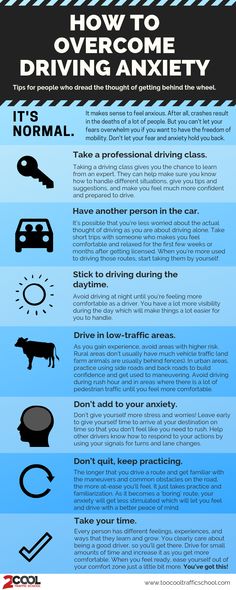 There are people who do not particularly reflect on this - subscribed, unsubscribed and forgotten. Others approach the matter more consciously - they unsubscribe, for example, specifically from the excessive information of unfamiliar or unfamiliar people, low humor, aggressive and negative news, news that do not personally concern them.
There are people who do not particularly reflect on this - subscribed, unsubscribed and forgotten. Others approach the matter more consciously - they unsubscribe, for example, specifically from the excessive information of unfamiliar or unfamiliar people, low humor, aggressive and negative news, news that do not personally concern them.
Everything is very situational. A first-year student can subscribe to a lot of accounts about the economy, but then realize that it is simply beyond his power to follow the huge flow of information and analyze it. And here the modern departure from the idea of encyclopedism manifests itself. It used to be that you need to keep your finger on the pulse of all the news, this was normal for the average decent person. Now people who reflect on the topic of overload are already aware that they cannot master everything, and something must be abandoned. And they are not ashamed that they unsubscribed, for example, from political or economic news. nine0003
- How else, besides selecting sources of information, can filtering be carried out?
- Another interesting way is to focus on opinion leaders - people who, with their interpretations of what is happening in the world, influence others.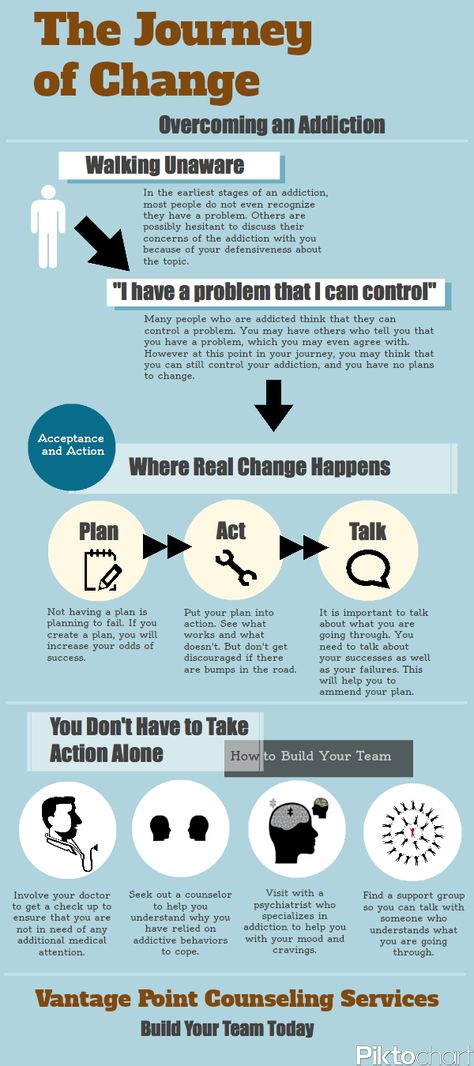 I have identified three types of opinion leaders. The first is close people who understand the topic. A person relieves himself of the need to immerse himself in information, giving it at the mercy of a friend, relative. Another story is subscriptions to various celebrities. Interview participants, for example, said that they were not ready to read all the articles in different sources. But they know that this or that famous person publishes the most interesting, so they focus only on what he reposts. nine0003
I have identified three types of opinion leaders. The first is close people who understand the topic. A person relieves himself of the need to immerse himself in information, giving it at the mercy of a friend, relative. Another story is subscriptions to various celebrities. Interview participants, for example, said that they were not ready to read all the articles in different sources. But they know that this or that famous person publishes the most interesting, so they focus only on what he reposts. nine0003
There are also group chats when people join small groups on Viber or Vkontakte, for example. It turns out the edition for itself. One person is well versed in sports, another in religion, the third in politics. Each of them is responsible for its own information flows. These are, as a rule, people with higher education who have interests other than home, work, etc.
— What conclusion can you draw from your research — young people who actively use social networks and other sources of information today cope with information overload? Is this a problem for them? nine0010
- I wouldn't say this is a problem.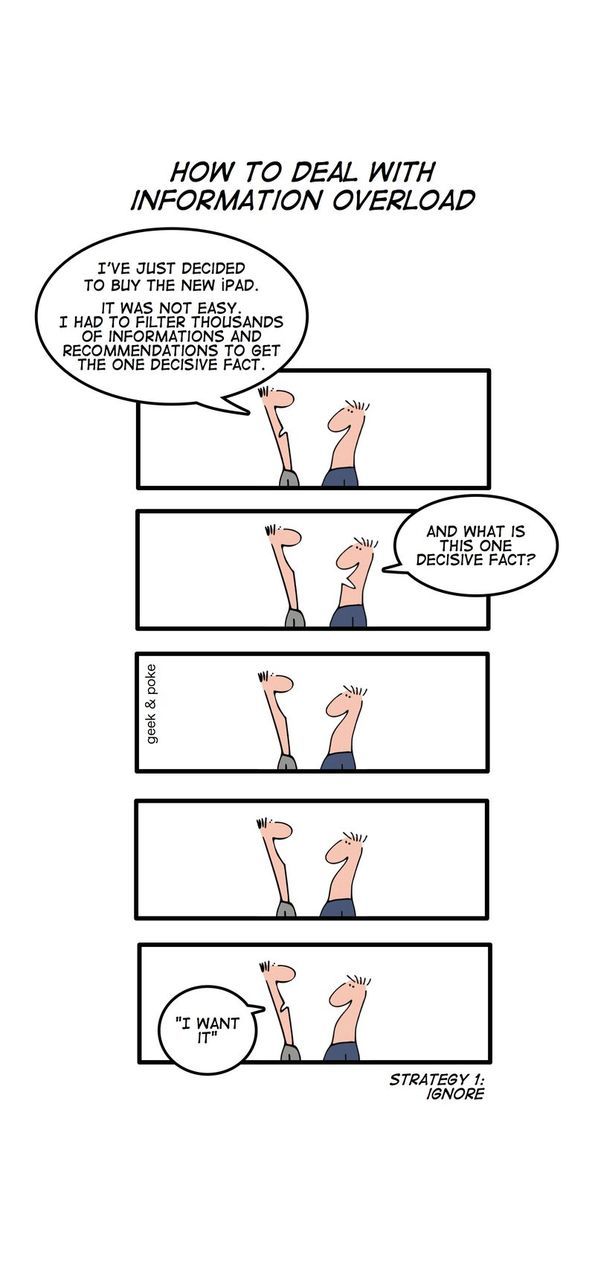 Young people "pump" their abilities, actively use filters. Very often, respondents say that there is no overload, there used to be, now everything is filtered out and unsubscribed from everything, so nothing bothers. Sometimes, however, highly motivated young people consciously choose information overload. One of our respondents said that he gave up almost everything in life in order, while young, to consume as much information as possible in order to become successful and advanced in the future. Some people think that it's great when there is so much information and you can learn a lot of things. nine0003
Young people "pump" their abilities, actively use filters. Very often, respondents say that there is no overload, there used to be, now everything is filtered out and unsubscribed from everything, so nothing bothers. Sometimes, however, highly motivated young people consciously choose information overload. One of our respondents said that he gave up almost everything in life in order, while young, to consume as much information as possible in order to become successful and advanced in the future. Some people think that it's great when there is so much information and you can learn a lot of things. nine0003
Scientists have long sounded the alarm about information overload. But one study in the US with a large number of focus groups found that overload occurs mainly due to negative news, but also among neophytes - people who are just starting to use the Internet.
— What about professional social groups that work with large amounts of information — journalists, researchers, for example?
- This is a different story.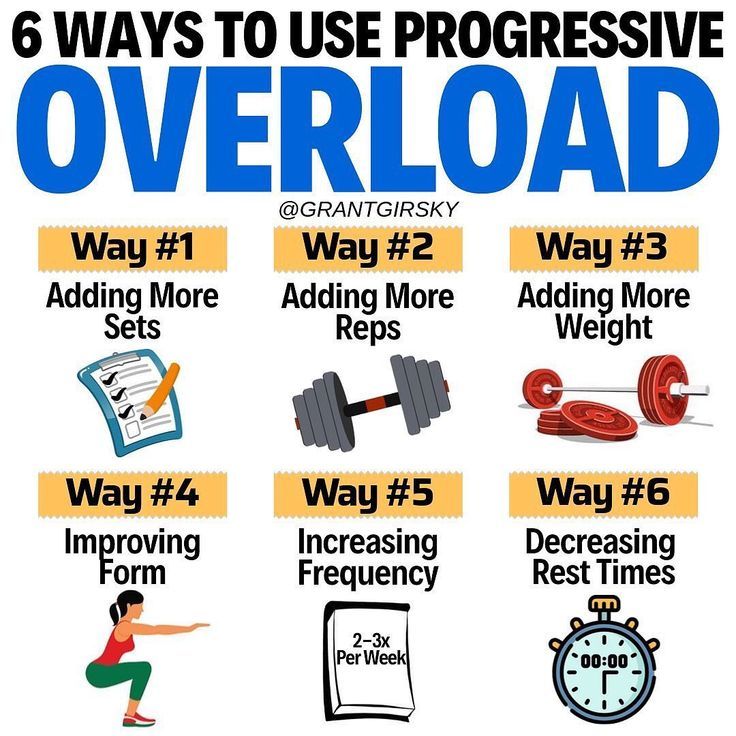 HSE students and I are now studying the information overload of doctors, teachers, and journalists. The results show that a lot depends on infrastructural things. Often, among doctors and teachers, information overload does indeed have a negative effect, simply by virtue of the fact that they are so organized work. nine0003
HSE students and I are now studying the information overload of doctors, teachers, and journalists. The results show that a lot depends on infrastructural things. Often, among doctors and teachers, information overload does indeed have a negative effect, simply by virtue of the fact that they are so organized work. nine0003
In general, new professional information in the modern world appears at a very high speed. For example, doctor Pavel Brand writes that “in the middle of the last century, medical knowledge was completely updated every 50 years, <…> in the 1980s it doubled once every 7 years, in 2005 — once every five years. In 2010, once every three and a half years. By 2020, medical knowledge will fully double every 73 days.”
There is a lot of new research coming up. And just as news bubbles occur in social media, so do science bubbles. There are situations when a person is simply not able to read everything that is published on his topic, he simply does not have enough life for this. For example, in 2016, the journal Nature published an article about how scientists adapt to information overload in the literature on their topic. Firstly, you can cooperate in clubs on topics. Secondly, some scientists trust information about new publications and discoveries received on social networks from their colleagues more than information that is simply searched in the database. Finally, some authors create their own tracking systems for information on the topic. nine0003
For example, in 2016, the journal Nature published an article about how scientists adapt to information overload in the literature on their topic. Firstly, you can cooperate in clubs on topics. Secondly, some scientists trust information about new publications and discoveries received on social networks from their colleagues more than information that is simply searched in the database. Finally, some authors create their own tracking systems for information on the topic. nine0003
- Can artificial intelligence come to the rescue in the future?
- It's hard to say, it must be a very advanced artificial intelligence. Maybe by the time it becomes like this, we will find some other solution to the overload problem. Today there is a practice when big managers hire so-called gate keepers (gate keeper (English) - gatekeeper). These are people who help to search, analyze and select the necessary information from large volumes. Perhaps this service will become more widespread.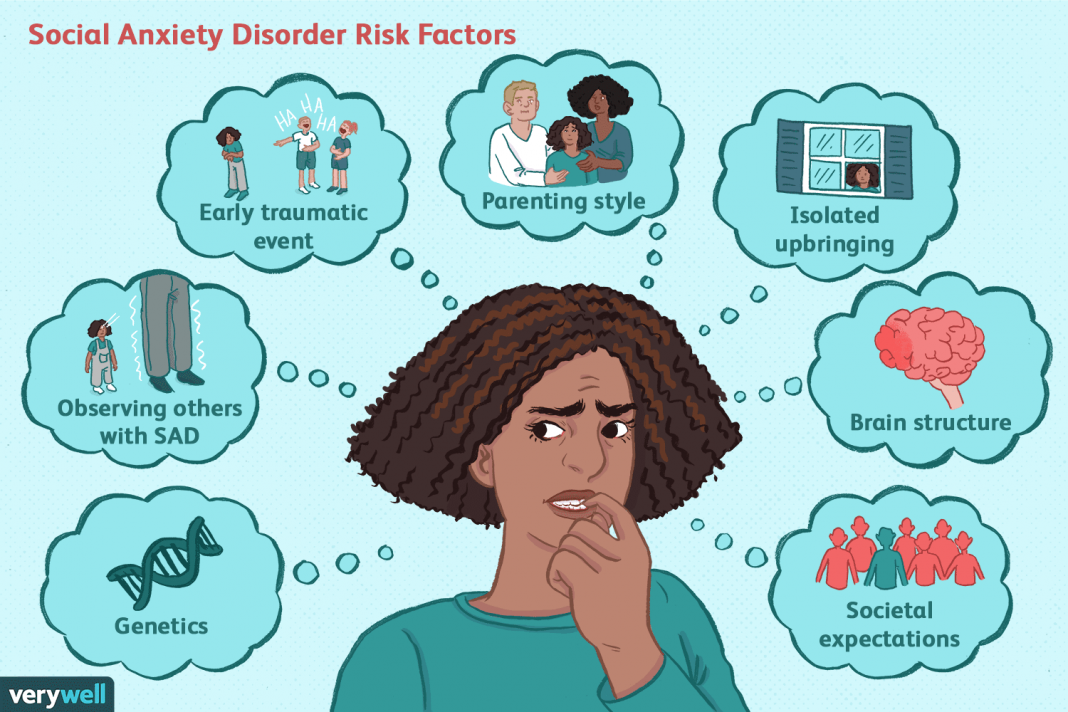 But this practice raises issues of manipulation - in fact, the gatekeeper can easily manipulate his customer, hiding this or that information from him. This is described in the media theories of the 20th century as the “gatekeeper effect”. nine0003
But this practice raises issues of manipulation - in fact, the gatekeeper can easily manipulate his customer, hiding this or that information from him. This is described in the media theories of the 20th century as the “gatekeeper effect”. nine0003
- A person in the modern media environment not only consumes information, but also actively communicates through various channels - email, social networks, Skype, etc. Is there a death of some means of communication?
A variety of communication channels is a rather convenient thing. As practice shows, "old" types of communications do not always die out with the advent of "new", but change the context of use. We didn't stop calling with the advent of SMS, or we didn't stop sending SMS with the advent of instant messengers. But the usual situations in which we now call or send SMS have changed. For example, one of anthropologist Daniel Miller's studies of Filipino migrants to Britain found that when they feel good, they Skype their children in the Philippines.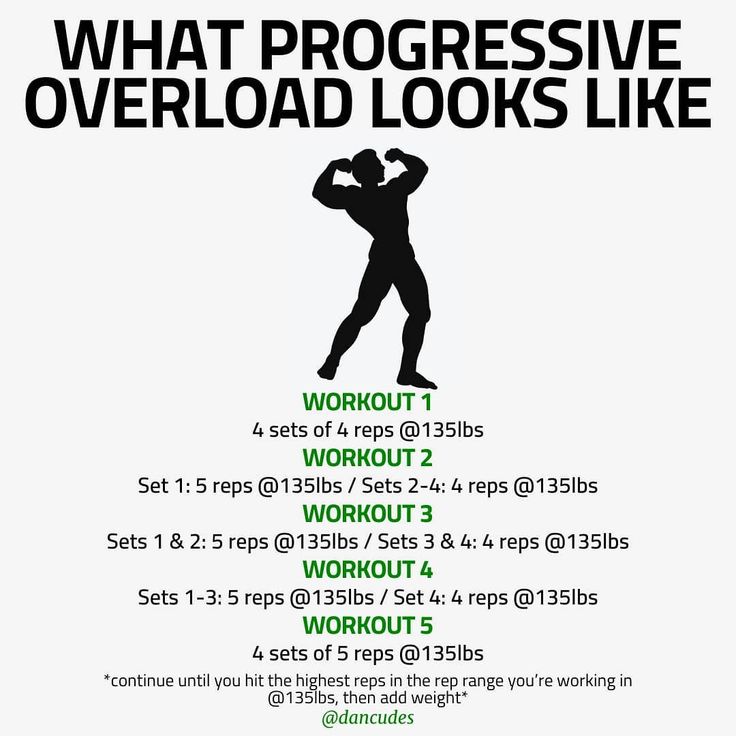 And when it’s bad, they write emails so that the children don’t notice it. Here is an example when different communication channels are needed for different cases. nine0003
And when it’s bad, they write emails so that the children don’t notice it. Here is an example when different communication channels are needed for different cases. nine0003
— And how does the culture of communication change with the growth of communication channels?
So far, some new culture has not settled down. It all depends on the circle of communication and lifestyle. I once did a test experiment, asking friends on Facebook (owned by Meta, a recognized extremist organization in Russia) what they do with their gadgets before bed and if they write to anyone at work after hours. In general, this is an interesting question - how information overload, the boundaries of day and night and the ethical moments of communication are compared. More than 50 people of different social statuses, professions, gender and age left about 200 comments. Almost everyone does something with gadgets before going to bed - turn off, put on silent mode, turn on airplane mode or do not disturb mode, etc.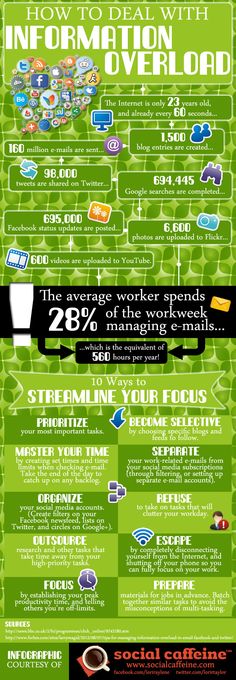 There are rare exceptions - people who do not work or who have few social connections. They do not turn off anything, and they believe that if someone calls them in the evening or at night, then something important has happened. nine0003
There are rare exceptions - people who do not work or who have few social connections. They do not turn off anything, and they believe that if someone calls them in the evening or at night, then something important has happened. nine0003
In general, three main attitudes can be distinguished. The first one is 24 hours online. It concerns people whose work is connected with extreme situations - ambulance, search for people, etc. They just need to be on call 24/7.
Another position is that the Internet is achronic (communications in it are not synchronized, do not coincide in time). With this approach, a person writes whenever he wants, he is answered whenever he wants. He is not offended if they do not answer immediately and does not mind that someone wrote to him at night. If a person needs not to be disturbed, he takes care of it himself - sets the silent mode, etc. It can be assumed that this is typical of people who have many acquaintances in different time zones, and who have friends with different rhythms and lifestyles.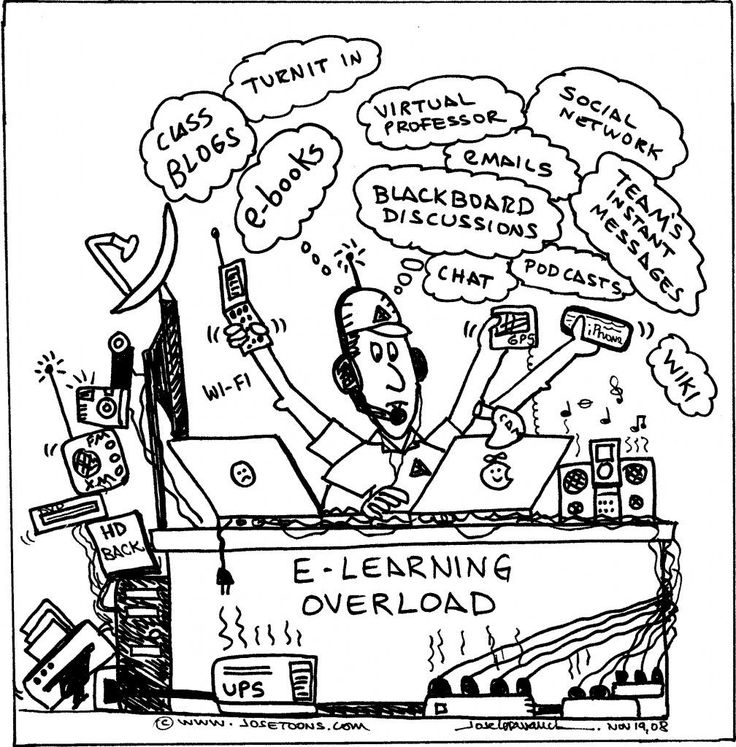 They themselves often have a free creative schedule, they can write an article at three in the morning, etc. And they turn off when they need rest. nine0003
They themselves often have a free creative schedule, they can write an article at three in the morning, etc. And they turn off when they need rest. nine0003
The third option - offline is transferred to online. That is, if it is not customary to call at work at midnight, then a person will not write on this topic in the mail or chat. This is most likely typical more often for office workers who are tied to certain hours, and they have the same social circle.
— There is a lot of talk these days about things like the digital detox. Can you elaborate on what it is?
- There are two "movements" - digital detox (from English detox - cleansing) and digital Sabbath (Sabbath is the seventh day of the week in Judaism, when it is prescribed to refrain from work). They consist in a conscious refusal to use the Internet at certain times and focus on offline values in the first place. Both of these movements criticize the consumer society and view information overload as a forced consumption of information. Information is perceived as another commodity that a person does not really need. Digital detox proposes to use digital technologies only as tools and not to give a separate extra value to being in a digital environment. Hence the manifest - disconnect to reconnect (disconnect to reconnect). nine0003
Information is perceived as another commodity that a person does not really need. Digital detox proposes to use digital technologies only as tools and not to give a separate extra value to being in a digital environment. Hence the manifest - disconnect to reconnect (disconnect to reconnect). nine0003
Digital Shabbat is less categorical and offers to switch off from the digital environment once a week in order to be with those closest to you - drink wine, burn candles, talk about important things and not read friend tape.
Digital detox and digital shabbat are sometimes combined with religious or spiritual practices. There are even special detox tours when people go somewhere in the mountains in groups and deliberately do not use the Internet, enjoying nature, live communication, physical and spiritual practices, etc. nine0005 IQ
Text author: Selina Marina Vladimirovna, February 14, 2018
All materials of the author
Media the Internet information social networks
8 Ways to Avoid Information Overload
Do you think that information noise is a harmless thing, and pumping gigabytes of information through us, we remain as fresh and efficient? This is not entirely true.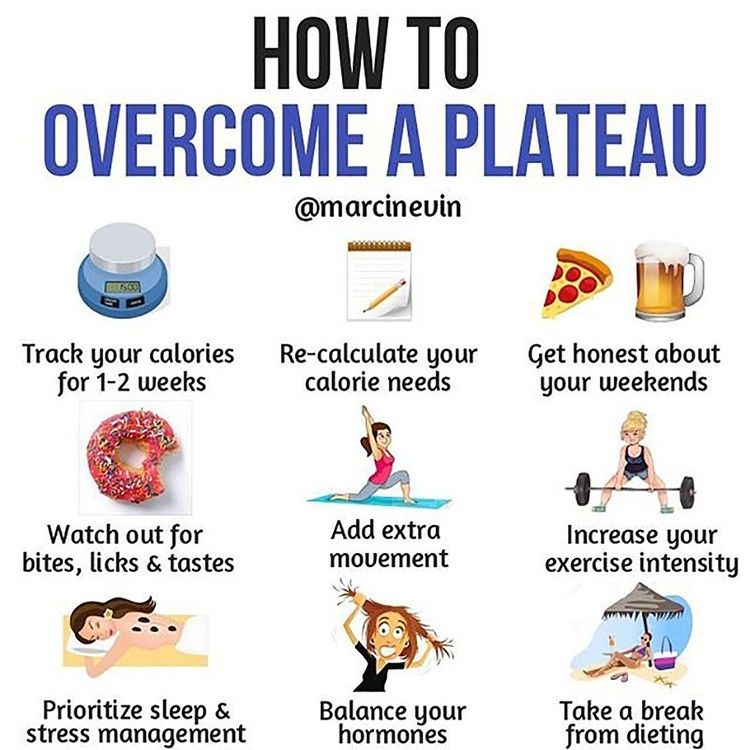 I will give you eight reasons why you should try to reduce your information addiction, limit your feed reading and put a block button on your favorite bloggers, and eight ways to do it. nine0003
I will give you eight reasons why you should try to reduce your information addiction, limit your feed reading and put a block button on your favorite bloggers, and eight ways to do it. nine0003
1. Boredom
Familiar situation — sixteen tabs open, “I’ll read it later”, interesting topics and texts scroll through at a speed of 200 km/h — I just managed to note that “this is interesting” and ran further — in search of even more interesting ? Perception is littered, the ability to enjoy is reduced, the very concept of “interesting” is depreciated (after all, there is probably something even more interesting around the corner, but when we find it, we will run further again).
What to do? nine0010
Accept and admit that you will not be able to “eat” everything interesting. It is better to eat two or three whole dishes than to bite off a piece of everything and swallow it without chewing. We found an interesting text - we read it. If we feel bored, itchy, the urge to run further - maybe we should close the browser altogether and look for the causes of boredom “offline”?
2.
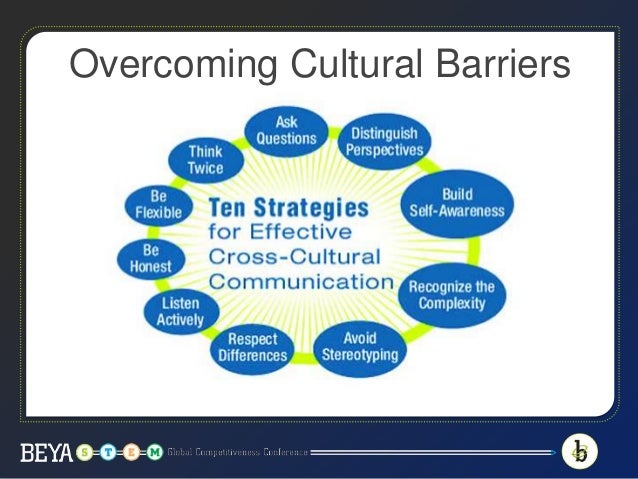 Transformation of memory and attention
Transformation of memory and attention According to research, constant involvement in the information flow significantly affects attention and memory. In a nutshell: in the conditions of a “garbage dump”, our brain begins to focus not on finding the necessary information, but on discarding unnecessary information as soon as possible. Hence the reduction in the period of attention, and the rebuilding of memory: as soon as we read a fact, we immediately forget it - the brain gets rid of the unnecessary, since it can be found again just as easily and quickly at any moment. Memory is simply not needed. In itself, this is not a disaster, but the Internet is turning into an additional "disk" of our brain, without which we are not only not erudite, but sometimes not specialists. nine0003
What to do?
Before you search for something on the Internet, look first in your head. Put in a little more effort. Suddenly it is there? Refresh the neural pathways, it's never harmful.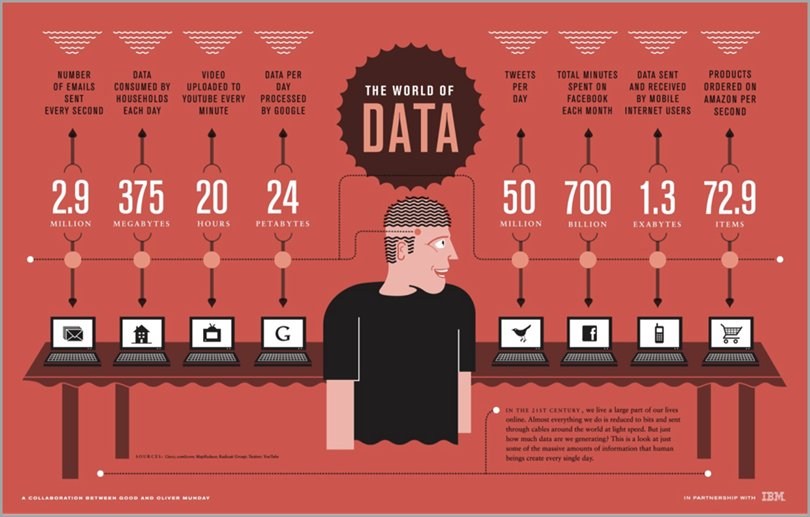
3. Vanity
Living on a tape, we live in the momentary and vain. Streams of memes, discussions of current news (including personal news of community and group members) create in us a sense of the diversity of life, but in this motley whirlwind, we often, firstly, completely lose our sense of scale and wean ourselves from “living in big time”; and secondly, we begin to distinguish worse where our own life is, and where the life of our “friends” is. nine0003
What to do?
The information diet is clearly more effective than dietary restrictions. Nothing will happen with the mail in an hour, and with the social media feed - in a day or two. Turn on awareness. By yourself, with your own hands, reduce the diversity of your info-field. Calibrate "friends" by separating acquaintances from strangers, think about whether you really need to read all these blogs and news with such regularity. “Two days without the Internet” also work great on the weekends – especially if you are going somewhere.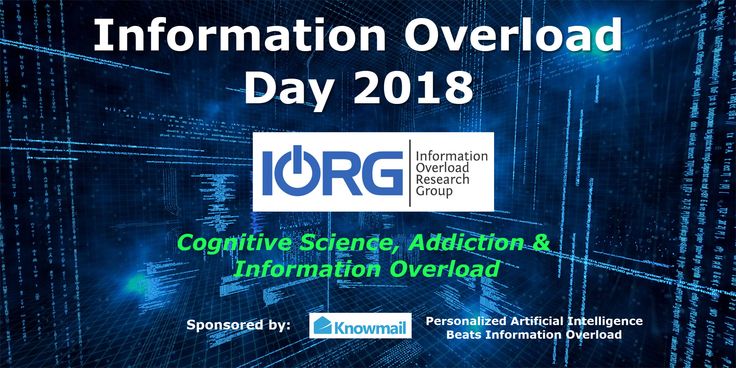 By the way, it's funny to see a caricature of yourself... in old books. “Readers of newspapers, swallowers of emptiness” - this is what Tsvetaeva said when there was no Internet yet. Stop fussing. Let's try to separate the intimate from the public, the long-term from the momentary. nine0003
By the way, it's funny to see a caricature of yourself... in old books. “Readers of newspapers, swallowers of emptiness” - this is what Tsvetaeva said when there was no Internet yet. Stop fussing. Let's try to separate the intimate from the public, the long-term from the momentary. nine0003
4. Self-control
Information addiction is a real addiction. Check yourself: if you wake up, the first thing you do is grab your gadget; if without it you do not think to live even an hour; if you check your feed and mail more than ten times a day... "hello, my name is Sonechka, and I'm an infoaholic." Why is that bad? Yes, because of the same reason why any addiction is bad. She controls you, not you. Other reasons are no longer needed (although they are: the time of your only life goes into the void). It's time to take back control. nine0003
What to do?
Understand the frustrated (unmet) need behind your infomania. Maybe you don’t have enough communication, maybe you “mute” yourself with information so as not to think about some intractable problem - there are a lot of options.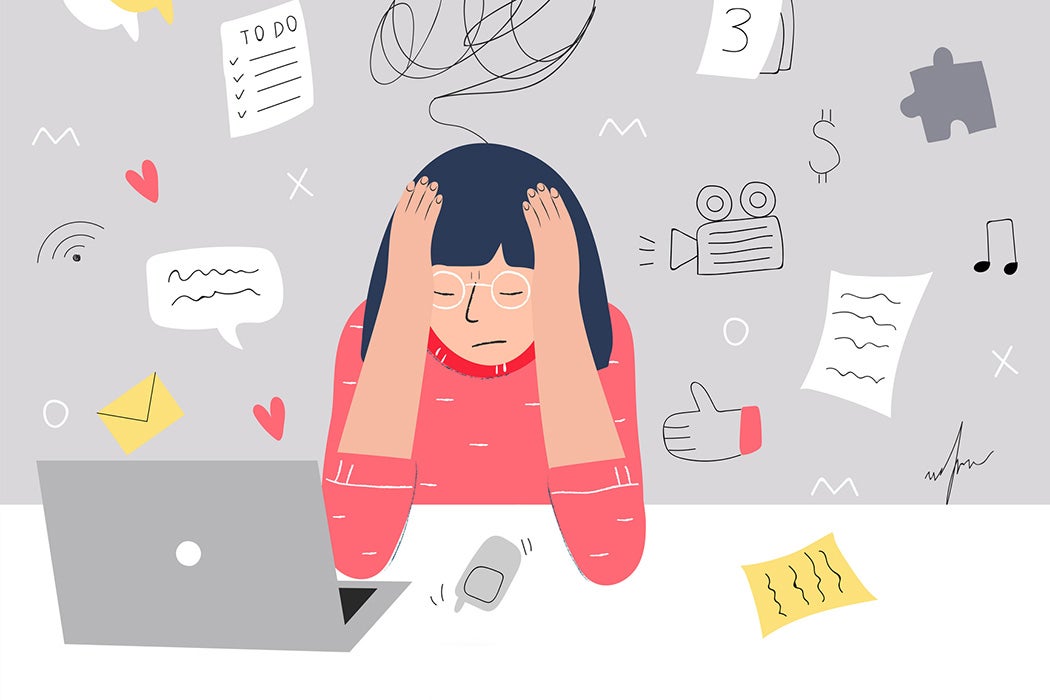 When you understand why the addiction has escalated, it will be easier for you to apply self-restraint techniques. At this stage, it’s already hard to leave yourself 15-20 minutes a day for surfing and social networks and set locks, and you need to give the password to a friend, colleague or family member, after seriously discussing the problem with him. Be prepared for the fact that after these measures you will drink more (hopefully) coffee. nine0003
When you understand why the addiction has escalated, it will be easier for you to apply self-restraint techniques. At this stage, it’s already hard to leave yourself 15-20 minutes a day for surfing and social networks and set locks, and you need to give the password to a friend, colleague or family member, after seriously discussing the problem with him. Be prepared for the fact that after these measures you will drink more (hopefully) coffee. nine0003
If things haven't gone that far yet and you're just a beginner infoaholic, try shock therapy. There are programs that count your time on social networks. Put them on, and in the evening see what you are throwing your life into. Haha.
5. The quality of the content you consume
You once loved (well, let's say) Marcel Proust and Joyce, but now you prefer simple and accessible content produced by popular bloggers. Or maybe you have never even loved Hemingway and Salinger, and you don’t even know what it’s like to read a text written not for the eight-second attention of an average Internet surfer? We need to learn (some again) to read texts, to enjoy texts, to be in the text, to dive into it and emerge at will, and not because the itch of “more and more” pushes us out of it like a cork.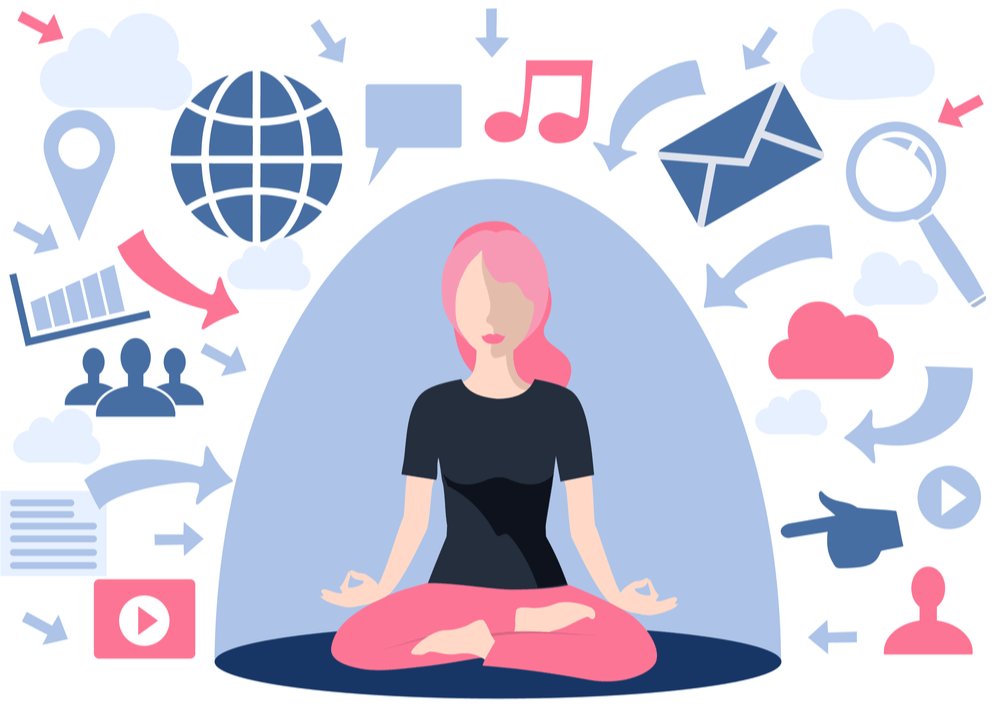 nine0003
nine0003
What to do?
Force yourself to start good texts again. Three pages. Instead of surfing, let's open - yes, even Dostoevsky, and three pages, a teaspoon per hour, instead of the hum of the news. Five times a day, three pages: give yourself a tuning fork of taste and style. Maybe this will help reduce dependence on streams of hastily cobbled together words spiced with poignant topics.
6. Originality and creativity
Continuously sitting in the tape, you find yourself in the field of other people's opinions and other people's words. And become like "everyone". They become similar: your style, your favorite topics, your opinions. You are influenced, your agenda is shaped - you don't do it yourself. You are erasing as a person. nine0003
What to do?
Try writing for yourself. If you don’t want to, you can not show it to anyone, most importantly, you yourself must clearly know what interests you, and not your friends; what memes do you have, what style - and in general, what exactly do you really want to consume, know, write, read, remember and notice.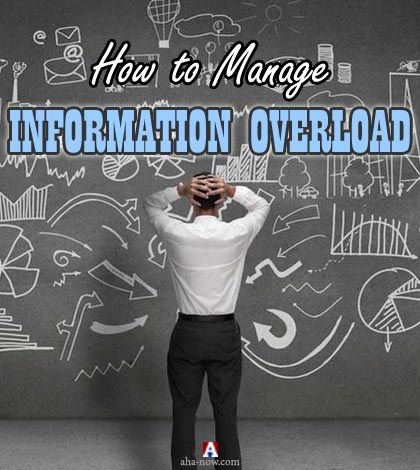 Better to be "uninteresting" in oneself than a notebook for other people's thoughts.
Better to be "uninteresting" in oneself than a notebook for other people's thoughts.
If you have a taste for texts, I strongly advise you to try writing "lyrical letters" - about the weather and emotions. It's really cool to switch from the hustle and bustle of events to a leisurely "offline" way. Time stops running and starts to flow slowly. At least sometimes. Having such a switch for yourself is priceless. nine0003
7. The habit of generalizing
Sifting through heaps of information every day, we get used to evaluate, generalize, and generally say to ourselves "welcome to the world of concepts." Concreteness is leaving, accuracy is leaving, direct knowledge as experience. Something “canned”, “general”, “ideological”, approximate comes.
What to do?
Do more with your hands, perceive more directly, fix yourself more in the "here and now", filtering out thoughts about the past, future and distant. It helps a lot not to be distracted from what is happening around - the practice of walking and sports in nature, working in the garden, fishing, hiking, playing with children and other activities in which observation is direct, hands are busy, and the head is more or less free.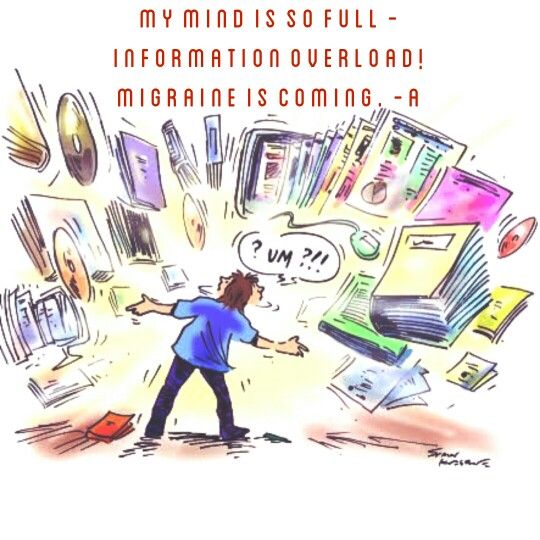 nine0003
nine0003
8. Life in consciousness, not under anesthesia
“Got on the Internet” – that's what they used to say about twenty years ago. Now no one “goes out” there, we live there, and everything would be fine - but we don’t always live consciously. Information becomes an anesthetic for us, which helps us “not to feel life a little”. We lack reflection, pause, time to “feel ourselves”, we begin to be afraid of such pauses, and this, in fact, is the only important reason why an insatiable information hunger can be harmful. nine0003
What to do?
Maybe the main thing for us is not to limit the time on the Internet or the amount of information we swallow, but, on the contrary, to focus on the quality and density of offline reality. This will help banal, but very effective recipes.
- Conscious pauses in certain situations: put away the gadget, be with a conversation partner, look out the window at the sky, feel cold or warm, watch the weather, play with a cat, drink coffee and think - and so on more often.
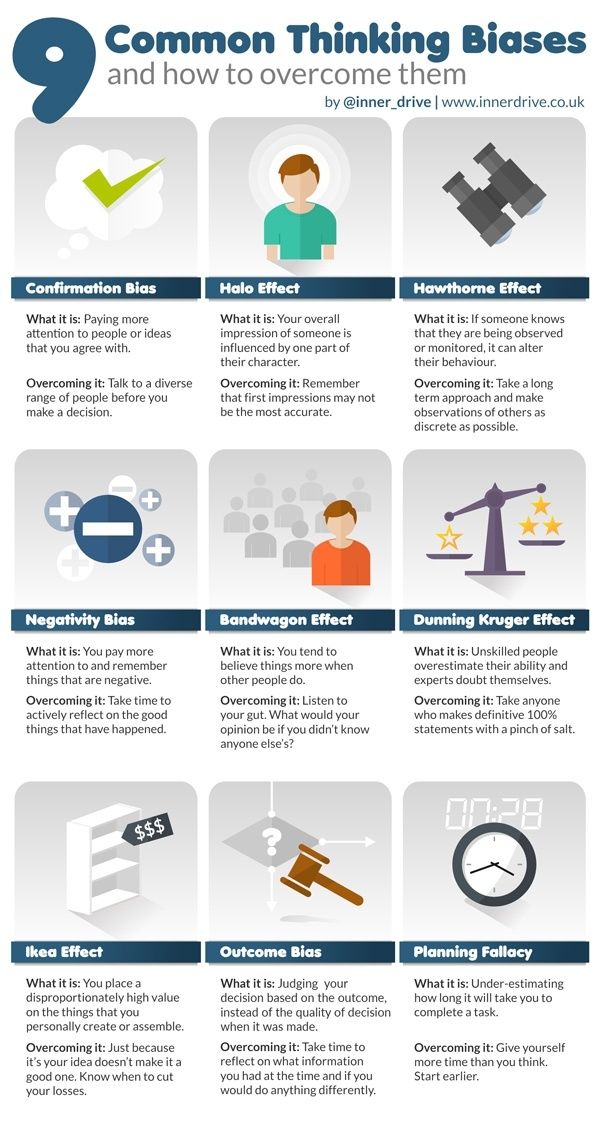 For control freaks - it is possible according to the schedule. nine0232
For control freaks - it is possible according to the schedule. nine0232 - Practices of any kind of meditation, hanging "in the void", admiring the beauty of nature. Anything - so as not to be afraid of this emptiness and learn to live calmly in it, not clutching at Facebook.
- More strong bodily sensations and vivid emotions offline. Have you read these tips for moms of Internet addicted teenagers? Apply them to yourself. Go camping with you or at least take a bath, jump with a parachute, jump at the night at the disco. Shift the focus from the tape to “real”, and from the mind to the body and emotions. nine0232
Any thing can be good or bad depending on whether it rules us or we rule it. Our new superpower to live in an ocean of information is no exception. If we manage it correctly, we will keep all the bonuses for ourselves, but we will stop burning life on the network. And, of course, we will learn to read to the end even such long articles as this one - with which I congratulate you.